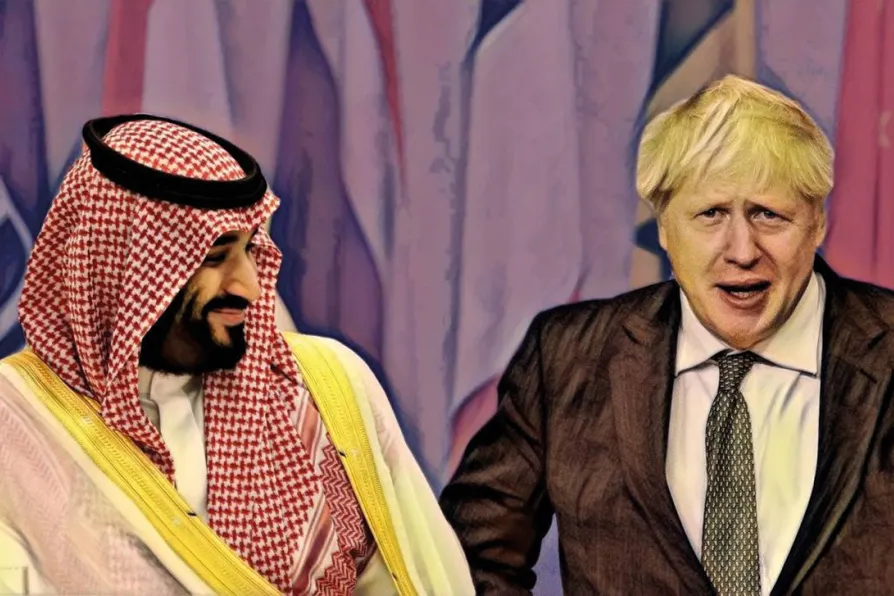As tens of thousands return to the streets for the first national Palestine march of 2026, this movement refuses to be sidelined or silenced, says PETER LEARY


IN 1917, after listening to an account of fighting on the western front, prime minister Lloyd George is reported to have said: “If people really knew [the truth], the war would be stopped tomorrow. But of course they don’t know and can’t know.”
Eighty years later and a similar quote from a “senior official” was included in a book published by the Establishment think tank Chatham House: “Much of our foreign policy is conducted on the sly for fear that it would raise hackles at home if people knew what we were pushing for.”
The government camouflages the reality of British foreign policy in a variety of ways, including blunt censorship by the British military in war zones, “requests” to edit reporting by issuing D-notices, the favouring of particular journalists and likely most important, the normalisation of policy discussion and decision making that excludes the general public — an arrangement largely taken for granted by the media.

On January 2 2014, PJ Harvey used her turn as guest editor of the Today programme to expose the realities of war, arms dealing and media complicity. The fury that followed showed how rare – and how threatening – such honesty is within Britain’s most Establishment broadcaster, says IAN SINCLAIR

As the cover-ups collapse, IAN SINCLAIR looks at the shocking testimony from British forces who would ‘go in and shoot everyone sleeping there’ during night raids — illegal, systematic murder spawned by an illegal invasion












